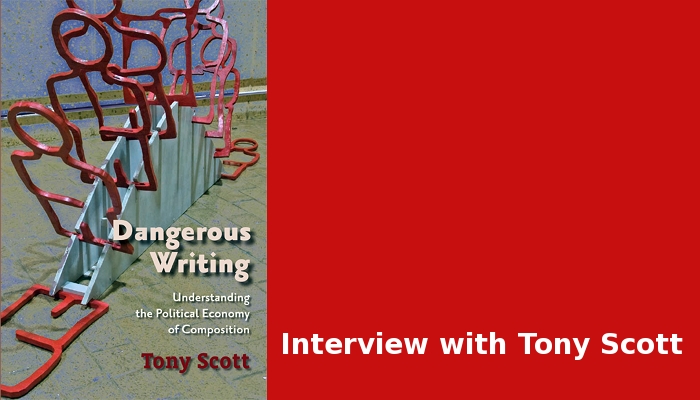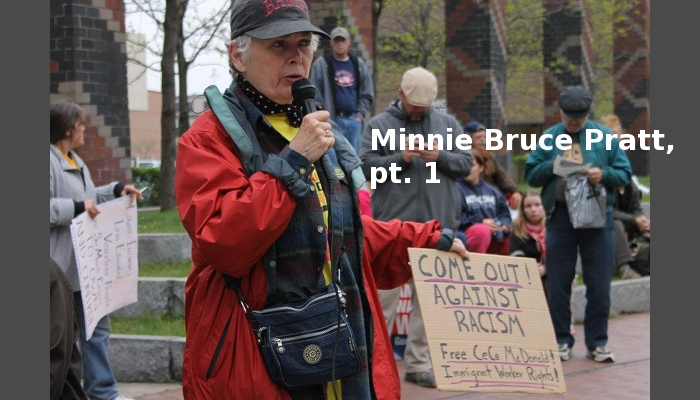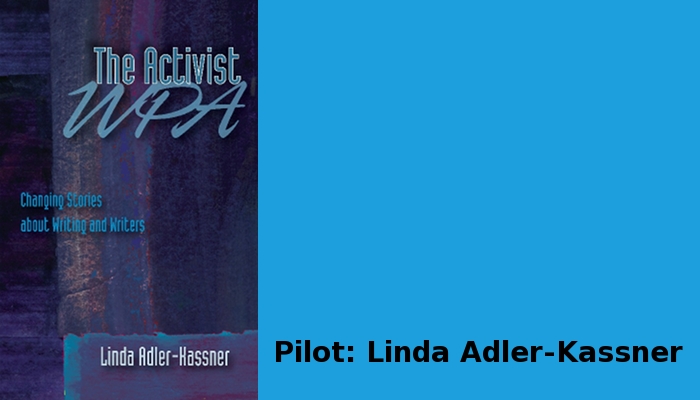Central to our work in Composition and Cultural Rhetoric is the teaching of first year writing. Regardless of your position in the university, you have inevitably found yourself or still find yourself sitting in a dungeon on the bottom floor of a building in a cubicle grading papers, meeting with students, and chatting with colleagues about how life is really unfair. No doubt during one of those venting sessions you have dreamt about how wonderful it would be to be paid more, to have fewer students in each of your classes, and to have more freedom in your classroom to teach what students want and need to learn.
Episode 3 features Professor Tony Scott talking about the influence and ongoing relevance of his book Dangerous Writing: Understanding the Political Economy of Composition.
To read a PDF of the full transcript, please download it here: Transcript for Episode 3.
Podcast: Play in new window | Download



